The Ministry of Home Affairs has just reported on the receipt and explanation of opinions of National Assembly deputies discussing at the group meeting on the draft Law on Civil Servants (amended). This draft law will be discussed by the National Assembly in the hall during the working session on the morning of November 13.
Eliminate regulations on job title standards to manage by job position
Regarding the regulations on innovation in recruitment, use and management of civil servants according to job positions, many National Assembly deputies agreed, but there were also some opinions suggesting careful consideration of feasibility, especially the regulation on the time to complete the arrangement and salary classification according to job positions before July 1, 2027, due to the large volume of work, related to many ministries and branches.
The Ministry of Home Affairs emphasized the innovation of the mechanism for managing civil servants according to job positions in order to institutionalize the Party's policy on personnel work, create a management mechanism consistent with the management of cadres and civil servants in the political system, ensure the maximum reduction of unnecessary administrative procedures in management, and at the same time maintain stability and avoid disruption of salary regimes and other regimes for civil servants.
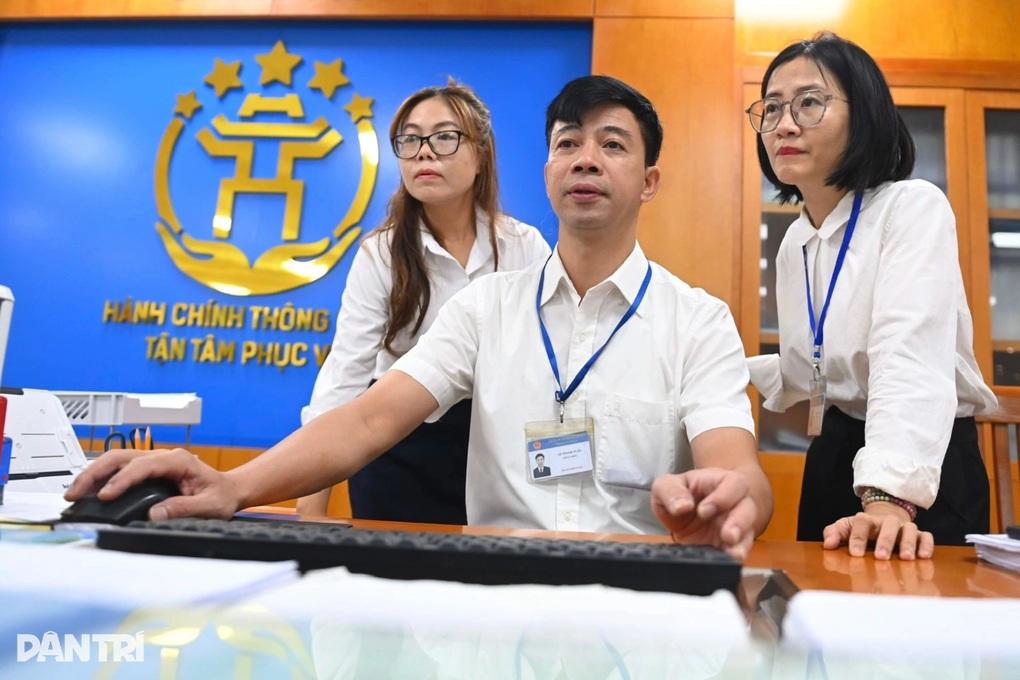
With the revised Law on Civil Servants, civil servants will have more opportunities to increase their legitimate income through their professional activities (Illustration: Hai Long).
Regarding the time to complete the arrangement and salary classification according to job positions, the Ministry of Home Affairs will advise the Government to issue a plan to implement the revised Law on Civil Servants, which clearly defines the time when specialized management ministries must complete their assigned tasks based on the principles, order, procedures for building, approval authority and framework of job position lists according to the Government's general guidance.
Discussing in groups, some National Assembly delegates proposed to consider removing regulations on professional title standards to implement management according to job positions, but there were also opinions suggesting to keep the professional titles for some specific professions such as health and education.
Clarifying this content, the Ministry of Home Affairs said that the goal of amending the Law on Civil Servants is to comprehensively innovate the recruitment, use, and management of civil servants according to job positions.
This also aims to restructure and improve the quality of the civil service; create a mechanism to connect human resources between the public and private sectors; attract and utilize high-quality human resources to improve the operational efficiency of public service units.
Accordingly, the draft law removes the regulation on using the system of professional title standards for civil servants and applies a system of standards according to job positions linked to professional standards of the industry and field, applicable to both the public and private sectors.
In the process of guiding regulations on job positions, the Government will determine the construction of professional and technical job position standards according to task requirements and output results, ensuring that no administrative procedures arise.
“Specialized job titles will be identified as professional and technical positions in public service units. Therefore, there will be no major disruption compared to current regulations,” the Ministry of Home Affairs affirmed.
Officials can "have one foot in and one foot out" to legitimately increase their income.
Regarding the rights of civil servants to sign contracts to carry out professional and business activities, many delegates suggested considering allowing civil servants to sign labor contracts and service contracts with other units, and said that it is necessary to review to avoid conflicts of interest.
According to the Ministry of Home Affairs, allowing civil servants to sign labor contracts and service contracts to carry out professional activities aims to institutionalize the policy of connecting human resources between the public and private sectors, creating conditions for civil servants to increase their legitimate income through their professional activities.

National Assembly deputies attend the 10th session of the 15th National Assembly (Photo: Hong Phong).
At the same time, the draft law stipulates that civil servants are allowed to sign labor contracts or service contracts if specialized laws do not prohibit it. The Ministry of Home Affairs also agrees with the opinions of delegates on the need for a mechanism to avoid conflicts of interest and possible consequences, so it has been incorporated and revised in the draft law.
Regarding recruitment methods and authority, there are suggestions for flexible regulations in recruitment, adding special recruitment forms according to needs, especially for foreigners and people with outstanding talents, especially in the fields of science and technology...
The Ministry of Home Affairs said the draft law specifically stipulates that recruitment is carried out through examinations and public selection. In particular, the selection form is carried out with specific subjects.
In addition to these two forms of recruitment, the draft law also regulates the admission of experts, scientists, people with special talents and abilities, and people with suitable experience to institutionalize the policy of attracting and using talents.
Regulations on specific criteria and methods of organizing examinations and recruitment will be prescribed by the Government to ensure suitability for each industry, profession, and field of operation.
Regarding civil servant evaluation, Article 24 of the draft revised Law on Civil Servants has specifically defined four principles of evaluation. Based on the provisions of the law, the Government will prescribe a framework of criteria for evaluating and classifying civil servants to overcome the shortcomings of the quality evaluation and classification work in the past.
On that basis, public service units will be assigned to proactively specify details to suit the characteristics of their agencies, organizations and units.
In response to the opinions of National Assembly delegates, the Ministry of Home Affairs will coordinate with relevant agencies to review and revise regulations on quality assessment and classification to ensure compliance with quantitative, multi-dimensional, public and transparent principles.
According to the Ministry of Home Affairs, the draft revised Law on Civil Servants has also revised the regulations on the authority to evaluate performance according to the regulations of agencies, organizations, and units and revised related contents to ensure that the results of evaluation and quality classification are the basis for implementing contents in personnel work.
The revised Civil Servants Bill is expected to be considered and passed by the National Assembly on December 10, according to the agenda.
Source: https://dantri.com.vn/thoi-su/chinh-phu-mo-cua-tang-thu-nhap-chinh-dang-cho-vien-chuc-20251112230203882.htm





![[Photo] General Secretary To Lam visits Long Thanh International Airport Project](https://vphoto.vietnam.vn/thumb/1200x675/vietnam/resource/IMAGE/2025/11/13/1763008564398_vna-potal-tong-bi-thu-to-lam-tham-du-an-cang-hang-khong-quoc-te-long-thanh-8404600-1261-jpg.webp)




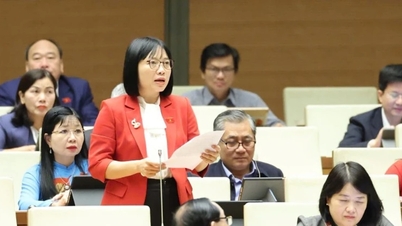

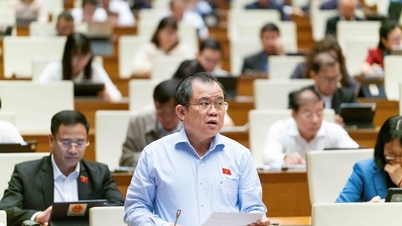

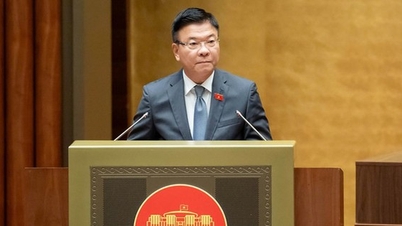



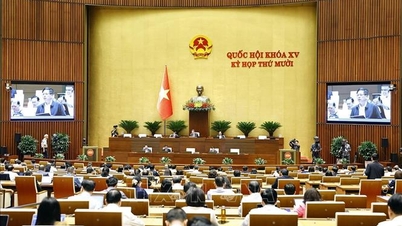

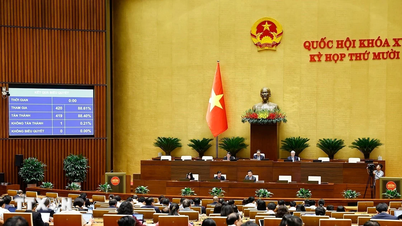


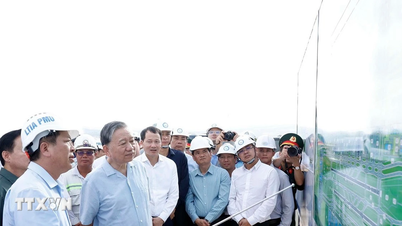

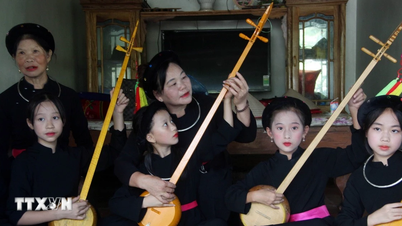










![[Photo] The "scars" of Da Nang's mountains and forests after storms and floods](https://vphoto.vietnam.vn/thumb/1200x675/vietnam/resource/IMAGE/2025/11/13/1762996564834_sl8-jpg.webp)
















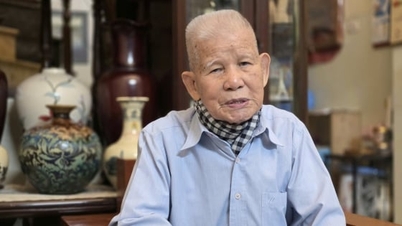




















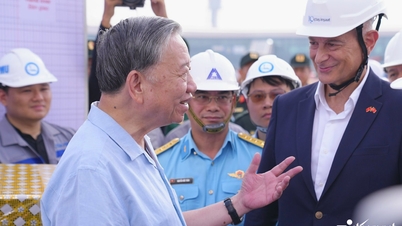

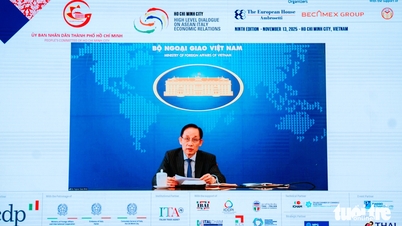


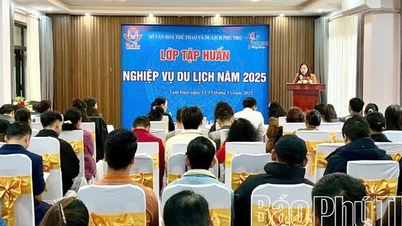





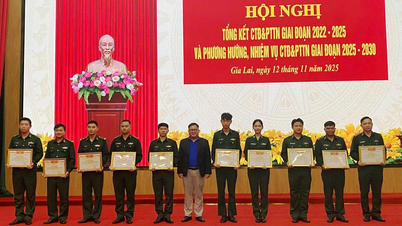

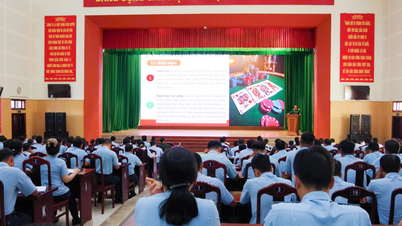

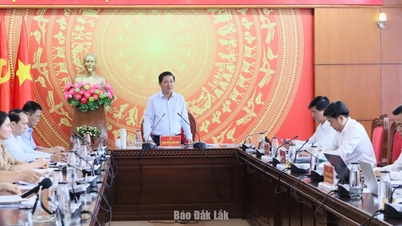

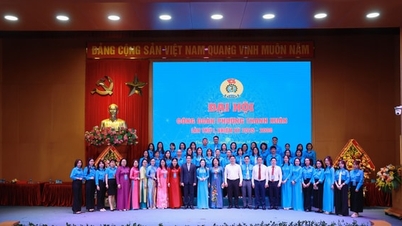






![Dong Nai OCOP transition: [Article 3] Linking tourism with OCOP product consumption](https://vphoto.vietnam.vn/thumb/402x226/vietnam/resource/IMAGE/2025/11/10/1762739199309_1324-2740-7_n-162543_981.jpeg)






Comment (0)